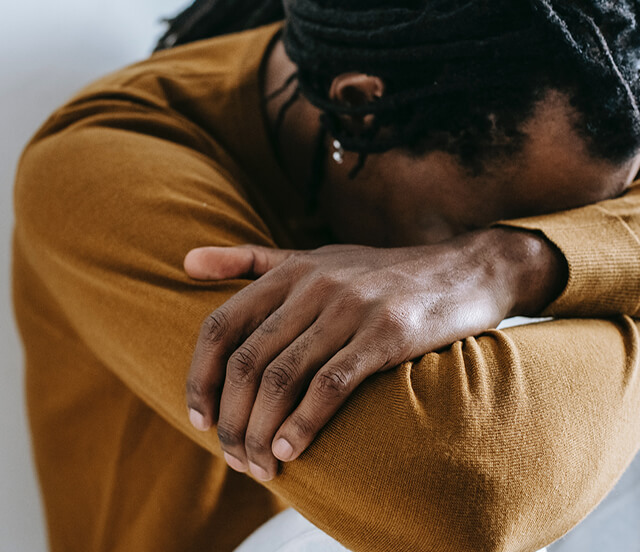by Precious Bikitsha
About six years ago my grandmother passed away the day after I had visited her at the hospital. As we began to prepare for her funeral, we found a programme that she had drafted for her funeral and her obituary that she had carefully written down. Growing up, my grandmother would always talk about her death and she would make remarks about what she would like her final send off to look like. In our planning, we tried our best to follow the programme she had handwritten herself and we used the obituary she had written down. My grandmother highlighted her family history, her education, work life and married life. I remember being particularly struck by how she wrote of her earlier years and how she honoured her own family.
I listened to every speaker at her funeral speak about this woman that I had known intimately and was surprised by how much I did not know about her and what she had achieved in her life. I learnt that my grandmother was a member of the Independent Order of the True Templars which was birthed out of the Temperance Movement and the growing concern around the impact that alcohol had in communities. I had made a mental note during the funeral to look up what this group she was a part of meant and the history behind it. She was a part of a global movement of Christians who spoke against the consumption of alcohol and vowed to “only drink tea”. This made me understand her a little more and words that she and my grandfather had spoken to my father discouraging him against drinking. I felt I had to have a stance on alcohol now and hoped that my convictions would honour her life and activism. Her death had given me something: a curiosity for hidden stories and a passion for uncovering women’s life stories.
My research on women’s intellectual contributions has been shaped by a desire to want to know more about how women contributed to the political history of South Africa and looking at these women who have been deliberately erased from our public memory and our understanding of who we are as a country. I have found myself frustrated at how little is written about these women by their male contemporaries and how it is extremely difficult to find them in the archives.
I lost my last remaining grandmother last year and as we began to prepare for her funeral, I sat and started drafting her obituary with my father over a phone call. My father recalled where she grew up, the schools she went to and where she worked and how she started her businesses. We shared stories about her and laughed at the different stories we all had, each person highlighting something unique about her and what her life meant to them. I grew frustrated with how many people called her Maxhego’s daughter and there was no mention of her mother’s name in the tributes that came pouring in. I had a conversation with my father about her mother’s name and this conversation led to him sharing that my grandmother and her sisters, my other grandmothers, had also been raised by their father’s first wife, MaRhadebe. We wrote down Poppy and MaRhadebe’s names and surnames in the obituary and although this may seem small, it felt important to do especially because I am always lamenting the erasure of women’s names and stories. As I pored over this obituary, which was being co-written by many people, I realised that there were many things that I did not know about my grandmother but this obituary and the conversations had given me an opportunity to learn much about her.
A week after my grandmother was buried, her younger sister sent an obituary that she had written. The obituary arrived later because of how quickly we had to bury my grandmother because of COVID 19 regulations. Usually, at a funeral, the funeral programme and obituary are thrown away but here was my grandmother’s obituary resurfacing again. Both obituaries had captured the life of a woman who lived a consequential life and who had left a legacy. Most importantly though, her life and my own involvement in reflecting on her life through writing her obituary made me think about the obituary as a historical document.
Women’s life stories are often written and spoken about with an emphasis on them as mothers and wives and although that is not bad, it often leaves us with an incomplete story of who these women are and seeing them in full. Perhaps obituaries allow us the opportunity to learn about these women: where they came from and how their lives unfolded. My grandmothers’ obituaries and conversations around their obituaries gave me an opportunity to know them anew.






